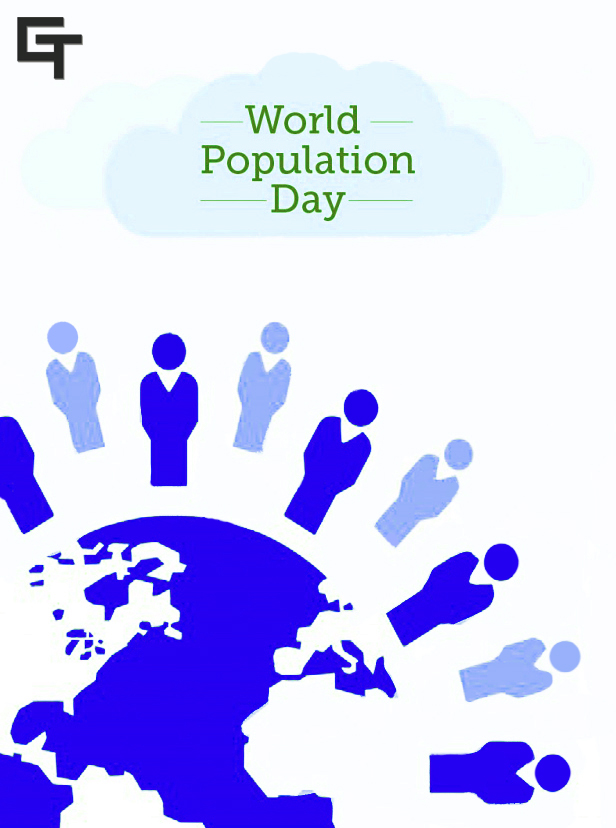It’s official. Humans are going to Mars. NASA has unveiled their mission. Not only NASA but also SpaceX and MarsOne are planning for a manned mission to the Red Planet for human colonisation and thus have pride in becoming the first interplanetary species. Why is it so? Is it just to satisfy the human quest for space exploration or for life on planets other than Earth?
Never before in history there have been so many people on Earth as that of now. Our numbers have skyrocketed from 1 billion in 1800 to 2.3 billion in 1940, 3.7 billion in 1970 and 7.4 billion in 2016. According to the Population Reference Bureau's 2017 World Population Data Sheet, Earth will become home to 9.8 billion people by 2050. This represents an increase of 31 percent in just 33 years, and it raises existing concerns about overpopulation. India is set to surpass China as the world’s most populous country, with an expected increase to 1.7 billion people from 1.35 billion. The nation will be then recording the largest population increase in any single country over the next 33 years.

So the United Nations came up with the initiative of 'World population day' in 1989 in an attempt to seek attention on the urgency and importance of world population crisis and it’s detrimental impact on life on Earth. This was an outgrowth of the interest generated by the Day of Five Billion observed on 11th July 1987. So this day is an international level awareness campaign to instil in the minds of the people the threats post by the ever exploding population of the world and how to combat with this issue. The campaign of the World Population Day increases the knowledge about reproductive health and family planning among people worldwide every year. This year marks the 50th anniversary of the 1968 International Conference on Human Rights, where family planning was, for the first time, globally affirmed to be a human right. Parents have the right to determine freely and responsibly the number and spacing of their children. This also means women and girls have the right to avoid the exhaustion, depletion and danger of too many pregnancies, too close together. Men and women have the right to choose when and how often to embrace parenthood — if at all.
The human population has been increasing rapidly mainly due to medical advancements and increase in agricultural productivity. The lifestyle got further enhanced due to the industrial revolution. All of these allowed extensive access of food to humans creating population explosion. As a result the birth rates exceeded the death rates for extended periods of time. Also during the 19th and 20th century the death rates fell due to improved sanitation, child immunisation and many significant improvements in the medical industry. Technological developments thus improved the average life expectancy of humans leading to over population. However overpopulation has detrimental effects on the ecosystem and economy of a country. It leads to depletion of non renewable resources like fossil fuels and over exploitation of natural resources. There is an increase in air, water and land pollution due to contamination. It results in spread of highly resistant pathogenic microorganisms. Population growth is one of the main drivers of the Earth's extinction crisis. The Yangtze River Dolphin, Atlantic gray whale, West African black rhino, Merrian's elk,California grizzly bear, silver trout, blue pike and dusky seaside sparrow are all victims of human overpopulation. According to reports, we’re currently using about 1.7 times the resources we should be using in a year, and that problem is only going to get worse if the population rise predicted for the next three decades comes to fruition.
Existing efforts such as vertical farms, innovative city planning, and emissions limits can help us cope with the burden of the growing population, but latest reports make it ever more clear that we need to think very carefully about the resources we consume as we have to share the planet with billions of other residents now and in the future. Stephen Hawking has argued that we need to find another world to live on because we’re quickly running out of space here. Even Elon Musk has spoken about the risks of overpopulation. This annual event thus aims to reduce population and eradicate poverty from the society and thus create sustainable development. So it’s ultimately the duty of every one of us to act wisely and create awareness among the public by inculcating safe reproductive health practices and find real time solutions to combat with the population crisis.





